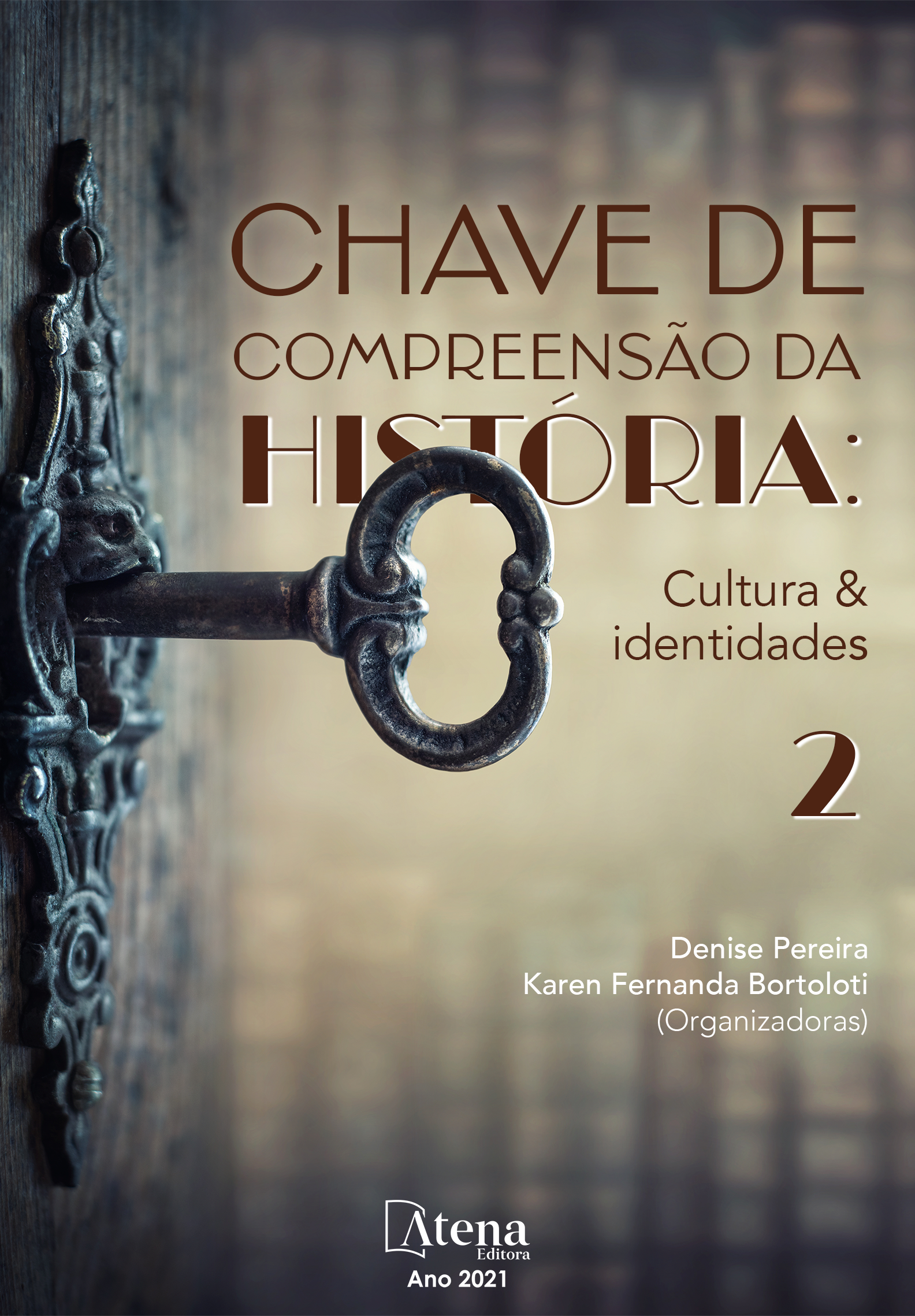
Políticas indígenas e o ser indígena na Assembleia Nacional Constituinte
Nesta pesquisa, buscamos analisar a construção da identidade e das políticas empreendidas pelo movimento indígena que se fez presente no processo que envolveu a Assembleia Nacional Constituinte no Brasil, entre os anos de 1987 e 1988 – e contribuiu diretamente para a elaboração da Constituição Brasileira de 1988. Para isso, buscamos compreender quem foram as pessoas que o formaram e as lideranças indígenas de diferentes etnias e regiões do Brasil que construíram uma identidade supraétnica que deu coesão a esse movimento social. Também buscamos inserir esta pesquisa na linha historiográfica denominada Nova História Indígena, introduzindo elementos teóricos da área da antropologia para compreender o fenômeno étnico e a construção identitária dessas lideranças indígenas, além de compilações produzidas por juristas, que nos auxiliaram na compreensão da legislação brasileira e de suas transformações. Construímos o objeto de pesquisa por meio da análise de publicações periódicas do jornal Porantim, atas de sessões e audiências da Constituinte e falas de diferentes lideranças indígenas nessas audiências das subcomissões. Também analisamos documentos produzidos por organizações indigenistas e indígenas e apresentados oficialmente nesse processo, como as Propostas e Emendas sobre os povos indígenas para o texto da Constituição.
Políticas indígenas e o ser indígena na Assembleia Nacional Constituinte
-
DOI: 10.22533/at.ed.4892114125
-
Palavras-chave: Assembleia Nacional Constituinte; Constituição de 1988; movimento indígena; lideranças indígenas; organizações indigenistas.
-
Keywords: Brazilian National Constituent Assembly; 1988 Constitution of Brazil; Indigenous movement; Indigenous leaders; indigenist organizations.
-
Abstract:
This study aimed to analyze the construction of the indigenous identity and the policies undertaken by the Brazilian indigenous movement presented in the Brazilian National Constituent Assembly between 1987 and 1988, which contributed directly to the elaboration of the 1988 Brazilian Constitution. We seek to understand who the people who formed that movement were; and who the Indigenous leaders of different ethnicities and regions of Brazil responsible for building a supra-ethnic identity that gave cohesion to the social movement were. Besides, placing this study in the historiographical line called New Indigenous History was one of the objectives. That led to inserting theoretical elements from anthropology to understand both the ethnic phenomenon and the construction of the identity made by those indigenous leaders. In addition, compilations produced by jurists helped to understand the Brazilian laws and their transformations. The analysis of periodical publications from Porantim newspaper, minutes of sessions and audiences of the Constituent Assembly, and speeches by different Indigenous leaders in those subcommittee audiences built the object of this investigation. The documents produced and officially presented by Indigenous and indigenist organizations, such as the Proposals and Amendments on Indigenous peoples to the text of the Brazilian Constitution, were also analyzed.
-
Número de páginas: 14
- Ivan Pereira Rodrigues dos Santos


